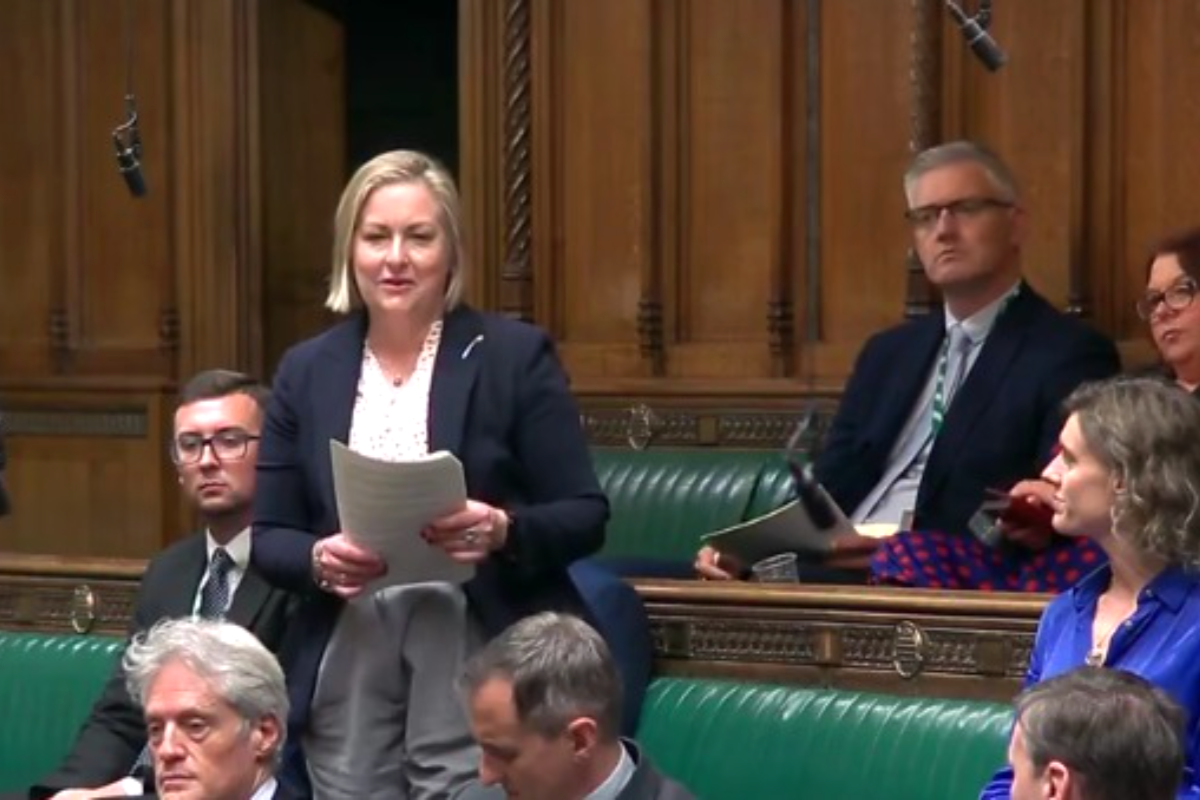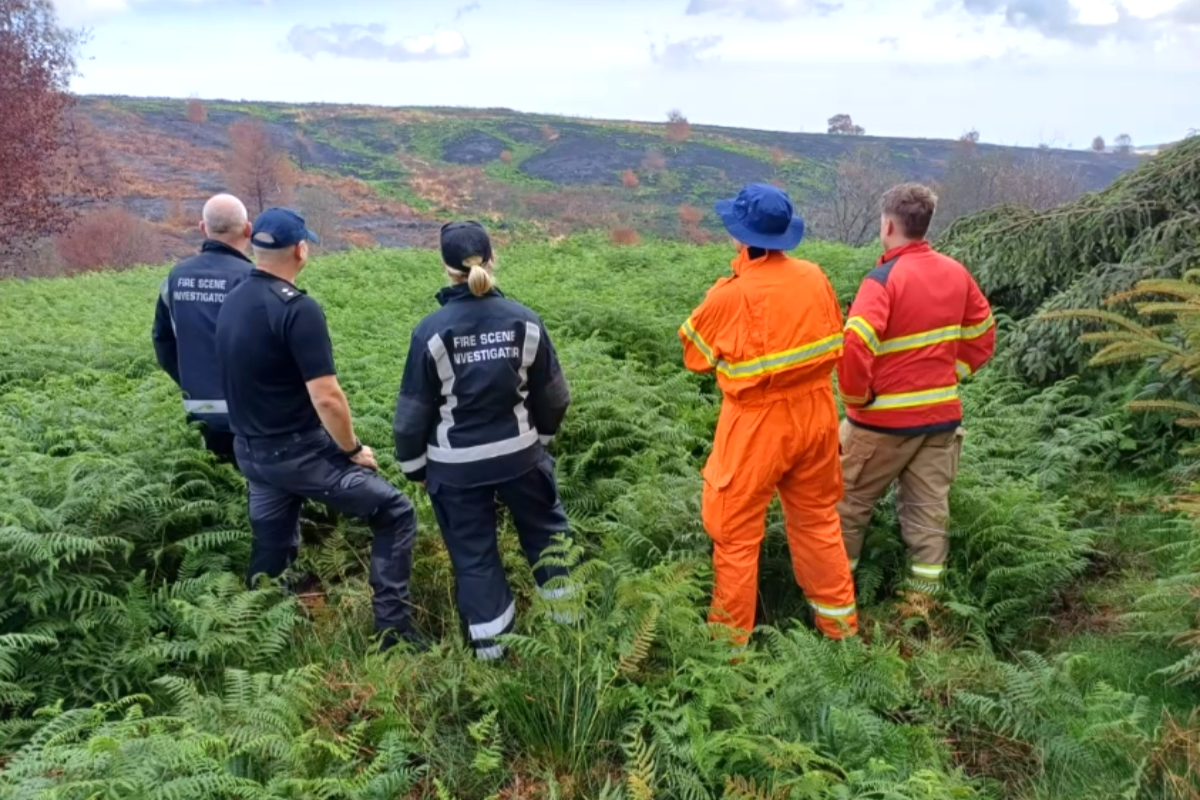
Scarborough Borough Council is on target to reduce it's carbon emissions by around 60 percent this year.
The council says a number of initiatives have contributed to the drop.
Climate Change Programme Manager - Harry Barros - says a change in vehicle fuel has been one of the big contributors to the fall in CO2 output.
The council says it's vehicle fleet is the biggest contributor to the emissions total but many of its trucks, bin wagons and vans are currently using a climate-friendly alternative to diesel.
It’s called hydrotreated vegetable oil (HVO) which is up to 90 per cent less harmful than traditional diesel fuel.
Taking the fleet in isolation, emissions of carbon dioxide will be cut from almost 1,200 tonnes to just over 350 tonnes by the beginning of April next year.
The trial of the HVO fuel is the biggest anywhere in North Yorkshire and the council’s decision to move to a different type of fuel has been recognised at national level.
Figures presented to the Borough council's Cabinet this month show that overall council emissions will be down to 1,200 tonnes of CO2 by March next year. That’s a drop of more than 800 tonnes when compared to the year 2021/22.
Councillor Michelle Donohue-Moncrieff, cabinet member for the environment and sustainability, said:
“We have achieved so much since we declared a climate emergency, but there is still work to do to lessen our own impact on the environment.
“I am pleased our large-scale trial with the HVO alternative to traditional diesel fuel will have a significant impact on our emissions by cutting them further.
“Our leadership in this area sets a great example for other large fleet vehicle operators.




 This Could Be Our Sure Start- Scarborough & Whitby MP On SEND Plans
This Could Be Our Sure Start- Scarborough & Whitby MP On SEND Plans
 Scarborough Athletic Look To Take Down FA Cup Giantkillers in Promotion Six-Pointer
Scarborough Athletic Look To Take Down FA Cup Giantkillers in Promotion Six-Pointer
 Whitby Town Target Highflyers For New Duo's First Win
Whitby Town Target Highflyers For New Duo's First Win
 Bridlington Town Looking For Seventh Heaven
Bridlington Town Looking For Seventh Heaven
 Pickering Town Tackle League Leaders Liversedge
Pickering Town Tackle League Leaders Liversedge
 Scarborians Asked for Views on Town of Culture Bid
Scarborians Asked for Views on Town of Culture Bid
 Building Closed on Scarborough Pier After Engineers Identify Possible Structural Issues
Building Closed on Scarborough Pier After Engineers Identify Possible Structural Issues
 Government Passes Burniston Gas Rig Decision Back to North Yorkshire Council
Government Passes Burniston Gas Rig Decision Back to North Yorkshire Council
 Scarborough Athletic Football Pitch Repairs Progressing
Scarborough Athletic Football Pitch Repairs Progressing
 Investigation Confirms Human Activity Caused Devastating Fylingdales Moor Wildfire
Investigation Confirms Human Activity Caused Devastating Fylingdales Moor Wildfire
 MP Calls for Wild Camping Ban After Cause of Fylingdales Moor Blaze Revealed
MP Calls for Wild Camping Ban After Cause of Fylingdales Moor Blaze Revealed
 Four North Yorkshire MPs Brand Proposed Visitor Levy a “Tax on Family Holidays”
Four North Yorkshire MPs Brand Proposed Visitor Levy a “Tax on Family Holidays”










Comments
Add a comment